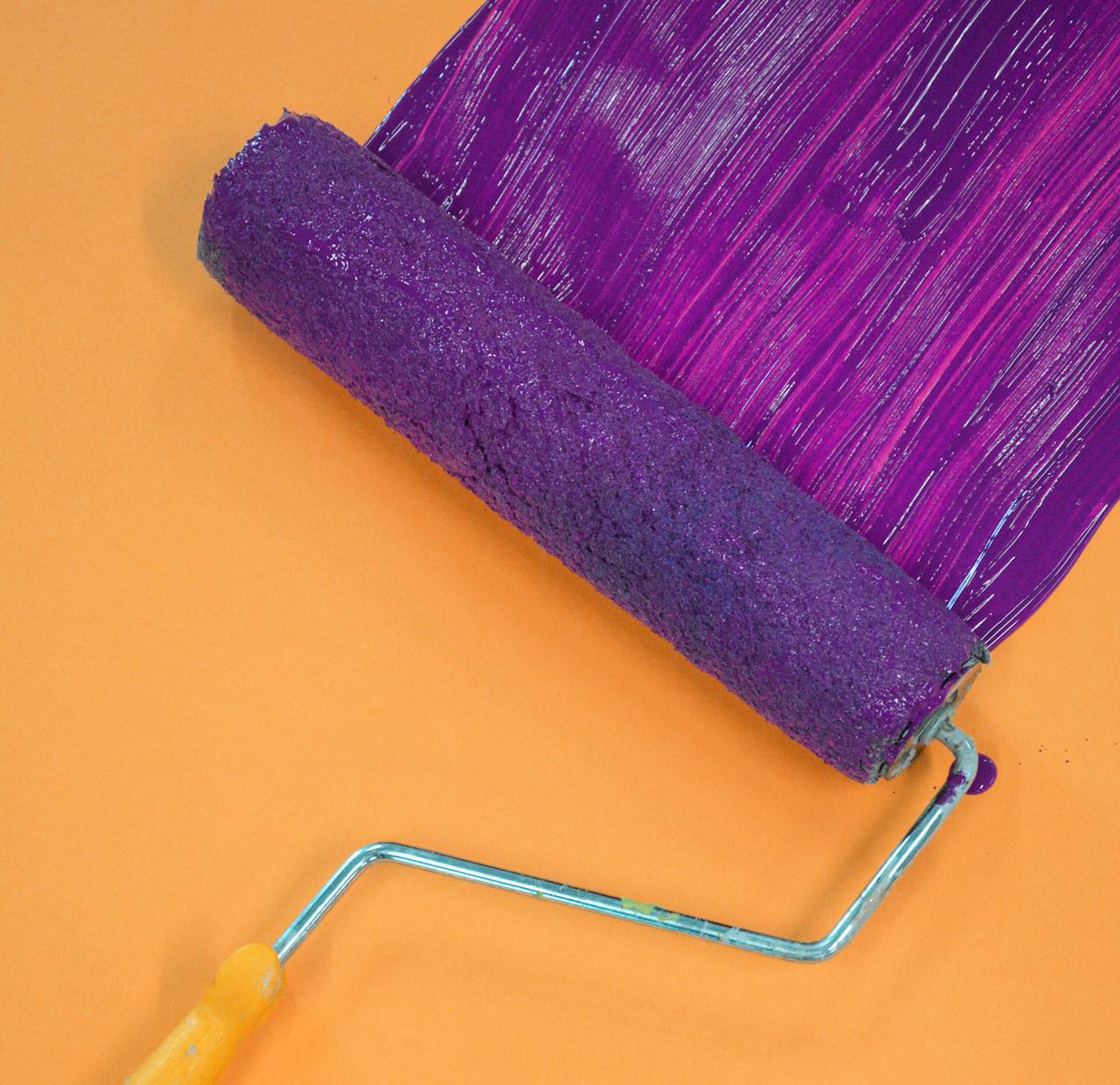6 Ways to Ensure Your Home Renovation Goes Smoothly
Embarking on a home renovation project can be both exciting and daunting. Whether you're upgrading your kitchen, adding an extension, or simply refreshing your decor, careful planning and execution are key to a successful outcome. To help you navigate the process, we've compiled six essential tips that will ensure your home renovation goes smoothly. From setting a budget to choosing the right contractor, these guidelines will help you avoid common pitfalls and achieve the results you envision.
Upgrading Your Paint
One of the simplest and most cost-effective ways to transform the look and feel of your home is by upgrading your paint. A fresh coat of paint can instantly brighten a room, make it appear larger or cozier, and add a touch of personality. When choosing colors, consider the overall aesthetic you want to achieve and how they will complement your existing furniture and decor.
It's also important to invest in quality paint products to ensure a professional finish that will last. Whether you need a Seattle painting service or that of any other location, make sure to do your research and choose a reputable company that uses high-quality materials and techniques. It may cost more upfront, but it will save you time and money in the long run.

Setting a Realistic Budget
Before you begin any renovation project, it's essential to set a realistic budget. Determine how much you can afford to spend and be honest about your financial limitations. This will help you prioritize your needs and avoid overspending. Be sure to include a contingency fund of at least 10-15% of your budget for unexpected expenses that may arise during the renovation process.
Creating a detailed budget also involves researching the costs of materials, labor, and any permits required. Get multiple quotes from various contractors to compare prices and services. Remember, the cheapest option isn't always the best—in some cases, spending a bit more upfront can save you money in the long run by preventing costly mistakes.
Choosing the Right Contractor
Selecting the right contractor is crucial for the success of your renovation project. Start by asking for recommendations from friends, family, or neighbors who have undertaken similar projects. Online reviews and ratings can also provide valuable insights into a contractor's reliability and quality of work.
Once you have a shortlist of potential contractors, schedule interviews to discuss your project in detail. Ask for references and take the time to visit previous job sites to see the quality of their work firsthand. Make sure the contractor you choose is licensed, insured, and has a good track record of completing projects on time and within budget.
Planning for Logistics and Permits
Proper planning extends beyond selecting materials and setting a budget; it also includes logistics and permits. Depending on the scope of your project, you may need to obtain special permits from your local city or county government. Failure to secure the necessary permits can result in fines and delays.
Consider how the renovation will affect your daily life. Will you need to move out temporarily, or can you isolate the work area to minimize disruptions? Discuss the timeline with your contractor and set clear milestones so you can track the progress and prepare for any adjustments that may be needed along the way.
Managing Communication and Expectations
Clear communication with your contractor and any subcontractors involved is vital for a smooth renovation experience. Establish regular check-ins and updates to ensure everyone is on the same page. Miscommunication can lead to mistakes, delays, and additional costs.
Set clear expectations from the start regarding workmanship, timelines, and budget. Document all agreements in writing to avoid misunderstandings. Being upfront and transparent will help build a trustworthy relationship, making it easier to address any issues that may arise during the project.
Selecting Quality Materials
The quality of materials you choose will have a significant impact on the durability and aesthetics of your renovation. While it might be tempting to cut costs by opting for cheaper alternatives, investing in high-quality materials will pay off in the long run. They will not only look better but will also stand the test of time.
Research different materials and brands, read reviews, and perhaps consult with your contractor to make informed decisions. Whether it's choosing hardwood floors, countertops, or fixtures, prioritize quality. High-quality materials often come with better warranties and support, giving you peace of mind that your investment is protected. It's also worth considering the environmental impact of your choices and opting for eco-friendly options where possible.

A successful home renovation requires careful planning, research, and effective communication. By following these six tips, you can ensure that your project goes smoothly and achieves the desired results within your budget and timeline. Remember to be patient, flexible, and open to adjustments along the way, as unexpected challenges are bound to arise in any renovation project. With the right mindset and approach, you can turn your house into the dream home you've always envisioned.